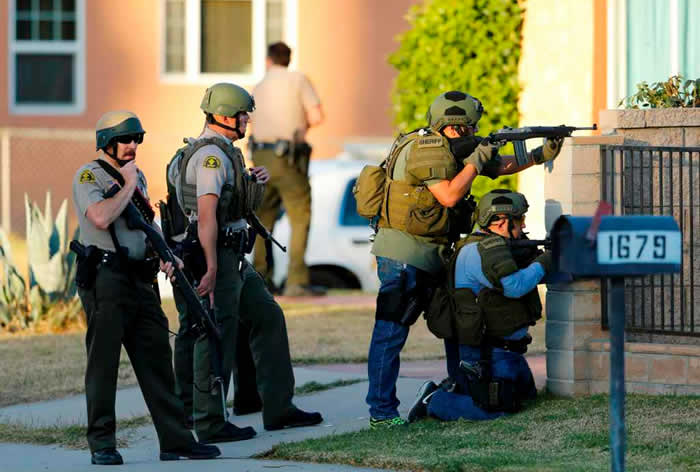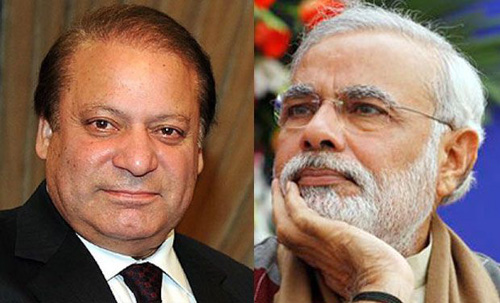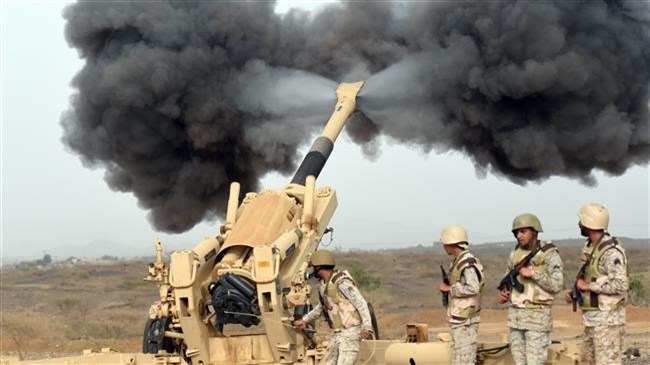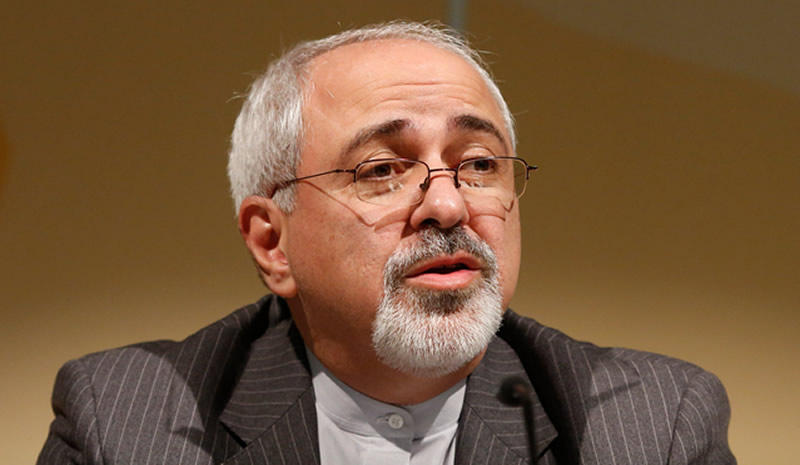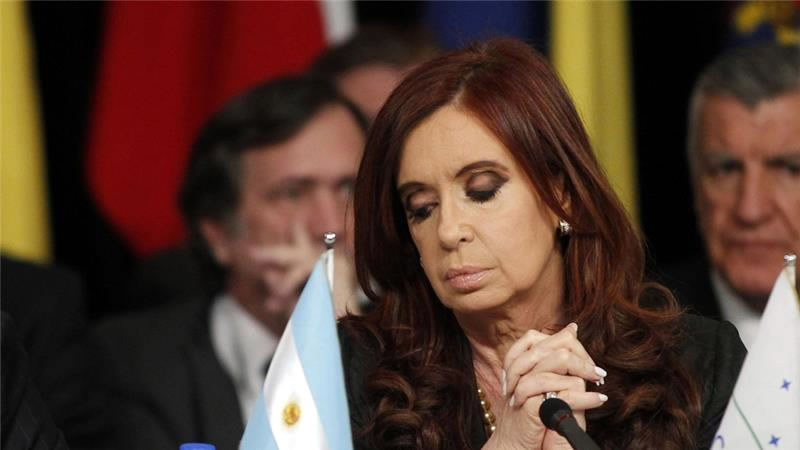 Congress voted Wednesday to impose strict new limits on transferring detainees out of the Guantánamo Bay prison, dealing a major blow to President Obama’s vows to shut down the center and give federal court trials to many of the prisoners.The Guantánamo provisions were contained in a major defense authorization bill, which both chambers passed on the last day of Congress’s lame-duck session. It is considered highly unlikely that Mr. Obama will veto the bill because it also authorizes billions in spending for the wars in Afghanistan and Iraq.
Congress voted Wednesday to impose strict new limits on transferring detainees out of the Guantánamo Bay prison, dealing a major blow to President Obama’s vows to shut down the center and give federal court trials to many of the prisoners.The Guantánamo provisions were contained in a major defense authorization bill, which both chambers passed on the last day of Congress’s lame-duck session. It is considered highly unlikely that Mr. Obama will veto the bill because it also authorizes billions in spending for the wars in Afghanistan and Iraq.
Robert M. Chesney, a University of Texas law professor who specializes in national security matters, said the legislation would make it even harder to close the prison, at the American military base in Cuba. He said the next Congress, in which Republicans will have more power, was likely to keep or even intensify the restrictions.
“A Democratic Congress has done its level best to prevent prosecutions in civilian court,” Professor Chesney said.
“It strengthens the relative position of military commissions, and it separately strengthens the likelihood of continuing to rely on military detention” without trial, he said.
Mr. Obama did not directly address the legislation at a news conference on Wednesday. But he said he remained committed to eventually closing the prison at Guantánamo because it was a symbol that was “probably the No. 1 recruitment tool” for terrorist propaganda.
Accomplishing that goal would be more difficult under the defense authorization bill. One of its provisions bans using its funds to transfer into the United States any Guantánamo detainee this fiscal year — even for the purpose of prosecution.
A second provision bans the purchase or construction of any facility inside the United States for housing detainees now being held at Guantánamo. The administration has proposed acquiring a prison in Thomson, Ill., for the purpose of holding several dozen detainees it says are too dangerous to release but too difficult to prosecute.
A third provision forbids the transfer of any detainee to another country unless Defense Secretary Robert M. Gates signs off on the safety of doing so. That ban would not apply to any detainees who are ordered released by federal judges.
The administration had urged lawmakers not to pass the restrictions, and Attorney General Eric H. Holder Jr. argued that they would be a “dangerous” intrusion on the executive branch’s constitutional powers to make prosecutorial decisions.
The decision by Congress to do so anyway means that for now, Khalid Shaikh Mohammed — the professed mastermind of the attacks of Sept. 11, 2001 — could be tried only by a military commission. Mr. Holder wants to prosecute him in federal court.
Amid a flurry of major last-minute activity in Congress, there was little discussion of the Guantánamo restrictions. But human rights groups, which have generally opposed military commissions and detention without trial, reacted with dismay. Laura Pitter, a counterterrorism adviser to Human Rights Watch, called the transfer ban “reckless and irresponsible.”
The legislation comes as the administration is drafting an executive order to create something like parole boards for detainees held as wartime prisoners. The panels would periodically review whether they posed a continued threat or could be safely transferred to another country.
Many members of the Obama team have criticized former President George W. Bush for being too unilateral in setting up his counterterrorism policies, and Mr. Obama said in May 2009 that he would work with Congress to set up such procedures. But his administration apparently decided to do so by executive order because it feared that any legislation passed by Congress might be too draconian. – Nytimes


